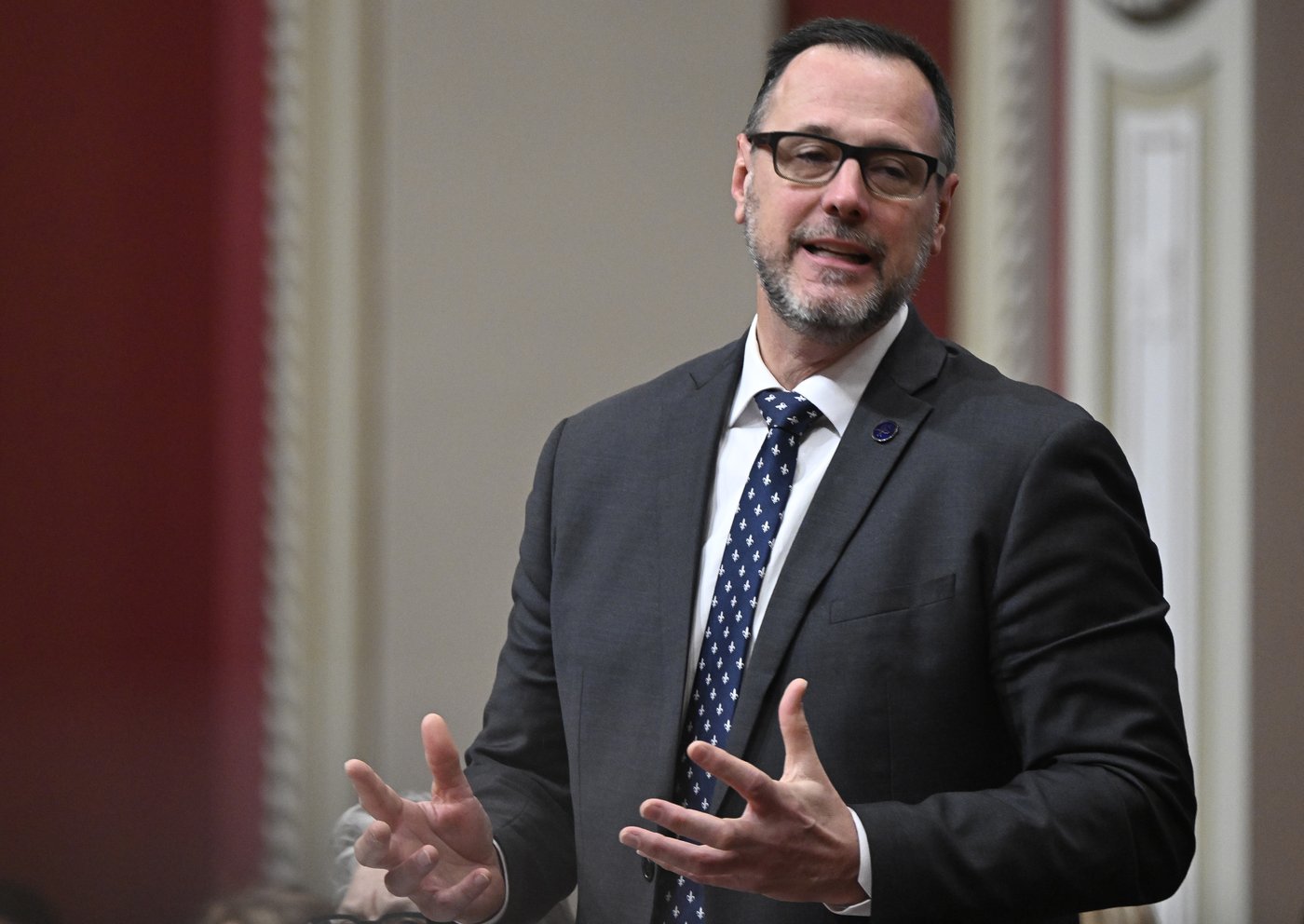Elevate your local knowledge
Sign up for the iNFOnews newsletter today!

MONTREAL — Quebec’s secularism minister says the province needs tighter rules to keep religion out of the education system — and even out of public places.
More than six years after the Quebec government passed its religious symbols ban, Jean-François Roberge will table new legislation Thursday that is set to include sweeping new restrictions on religious clothing, prayer and funding for confessional schools.
Speaking to reporters in Quebec City on Tuesday, Roberge said the province’s secularism rules are due for an upgrade since the passage of Bill 21. “Quebecers have advanced since 2019, which means it is necessary to strengthen our model of secularism,” he said.
Roberge said the bill will make good on his recent promise to ban prayer in public places. That move comes amid simmering tension in Quebec over Muslim prayers taking place as part of pro-Palestinian demonstrations. Roberge said it’s “shocking” to see people using prayer to block streets as a form of “provocation.” He offered few details about how the ban will be applied, though he did say there could be exceptions.
The bill will also extend Quebec’s religious symbols ban to people working throughout the education system, from daycares to colleges and universities, as well as to private schools.
In 2019, Bill 21 banned such symbols, including hijabs and turbans, for public sector employees in positions of authority, such as teachers, police officers and judges. A recently passed bill extended the ban to everyone who interacts with students in public elementary and high schools, including volunteers, and also banned face coverings for students.
The legislation to be tabled this week will ban prayer rooms in public institutions, most notably colleges and universities. It will also prohibit full face coverings, such as the niqab, for post-secondary students.
The contents of the bill were confirmed to The Canadian Press by a source with knowledge of the legislation who was not authorized to speak publicly.
However, the new secularism bill will not ban face coverings in public spaces, despite the fact that Roberge voted in favour of such a prohibition at a party convention in September. France, which has been a model for Quebec’s secularism policy, banned face coverings in public in 2010.
“The goal with our secularism law is not to go as far as possible,” Roberge said Tuesday. “We are going to draft a bill that is ambitious, but moderate.”
The legislation will also place some restrictions on government funding of the roughly 50 subsidized private religious schools in the province. Premier François Legault has previously defended the funding against calls from opposition parties to axe it. The new bill will impose conditions on public funding, including that the schools not teach religion during classroom hours, the source said.
Separately, it will prohibit religious symbols from appearing in communications by public institutions. That measure is in part a response to a controversy last year over a welcome poster at Montreal’s city hall that depicted a woman wearing a hijab. Such images will no longer be permitted.
The legislation will also forbid subsidized daycares from serving food based exclusively on a religious tradition — for example, a menu featuring only halal food would not be allowed.
Meanwhile, the government is considering whether to invoke the notwithstanding clause of the Charter to shield the legislation from constitutional challenges, the source said. Both the 2019 secularism bill and the recently passed legislation extending the religious symbols ban invoked the clause.
Roberge first signalled the arrival of the new bill in a video posted to social media on Monday evening, which shows him writing the words “This is how we live in Quebec” on its cover page. In his post, he called the legislation “Secularism 2.0.”
The bill was inspired in part by an independent report, published in August, that set out 50 recommendations for how the province should strengthen secularism.
This report by The Canadian Press was first published Nov. 25, 2025.
Want to share your thoughts, add context, or connect with others in your community?
You must be logged in to post a comment.